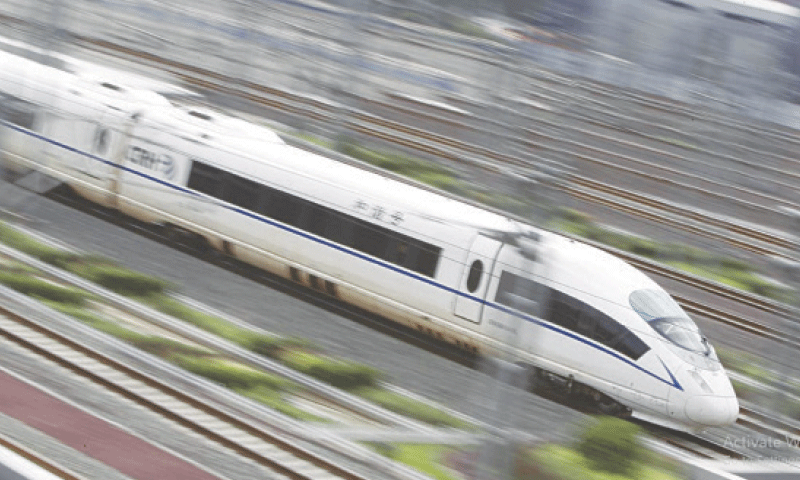The Overseas Workers Welfare Administration (OWWA) faces scrutiny after it was discovered that it had bought 52 non-existent condominium units in 2024 under a ₱1.4-billion deal. These “ghost units” were said to have been bought without the required board approval, triggering concerns over governance and the protection of funds meant for overseas Filipino workers (OFWs).
Investigations have revealed a number of red flags in the transaction, including dubious payments in taxes and falsification of property information. Lack of board approval indicates a deviation from normal procurement procedures, with demands for accountability and transparency on the part of the agency.
This case comes at a time when there is a massive condominium oversupply in Metro Manila. As of late 2024, unrepared units jumped 77% to ₱158 billion worth of inventory, with an estimated 8.2 years to take in the excess at prevailing selling rates. The backlog has been blamed on the exit of Philippine Offshore Gaming Operators (POGOs), pandemic-driven migration flows, and a preference for buyers of properties elsewhere than in the capital.
The OWWA controversial acquisition underscores the necessity of tight monitoring in government deals, particularly in areas already beleaguered by market difficulties. Throughout ongoing investigations, stakeholders underscore safeguarding OFW remittances and ensuring that public funds are spent worthwhile and transparently.








